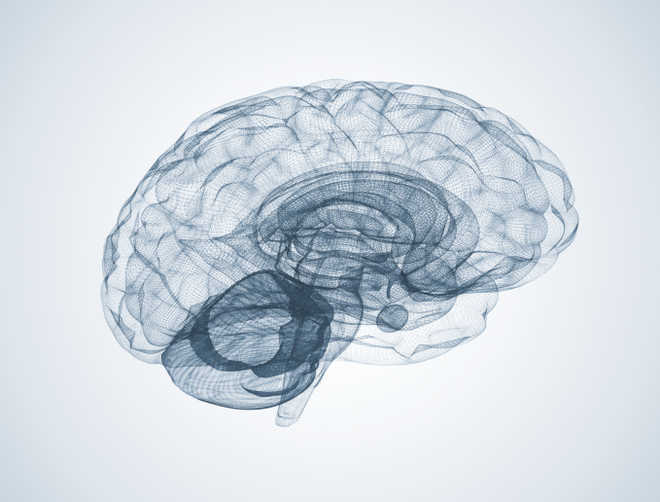
Photo credit: Thinkstock.
WASHINGTON
Society's expectations about gender roles alter the human brain at the cellular level, scientists say.
Though the terms 'sex' and 'gender' are often used interchangeably by the average person, for neuroscientists, they mean different things, according to Nancy Forger, a professor at Georgia State University in the US.
"We are just starting to understand and study the ways in which gender identity, rather than sex, may cause the brain to differ in males and females," said Forger.
Sex is based on biological factors such as sex chromosomes and reproductive organs," whereas gender has a social component and involves expectations and behaviours based on an individual's perceived sex, researchers said.
These behaviours and expectations around gender identity can be seen in "epigenetic marks" in the brain, which drive biological functions and features as diverse as memory, development and disease susceptibility.
Forger said that epigenetic marks help determine which genes are expressed and are sometimes passed on from cell to cell as they divide. They also can be passed down from one generation to the next, she added.
"While we are accustomed to thinking about differences between the brains of males and females, we are much less used to thinking about the biological implications of gender identity," Forger said in a statement.
"There is now sufficient evidence to suggest that an epigenetic imprint for gender is a logical conclusion. It would be strange if this were not the case, because all environmental influences of any importance can epigenetically change the brain," he said.
Scientists reviewed previous studies of epigenetics and sexual differentiation in rodents, along with new studies in which gendered experiences among humans have also been associated with changes in the brain.
"Given our lifetimes of layered gendered experiences, and their inevitable, iterative interactions with sex, it may never be possible to completely disentangle the effects of sex and gender on the human brain," Forger said.
"We can start, however, by including gender in our thinking any time a difference between the brain functioning of men and women is reported," she added. — PTI



























